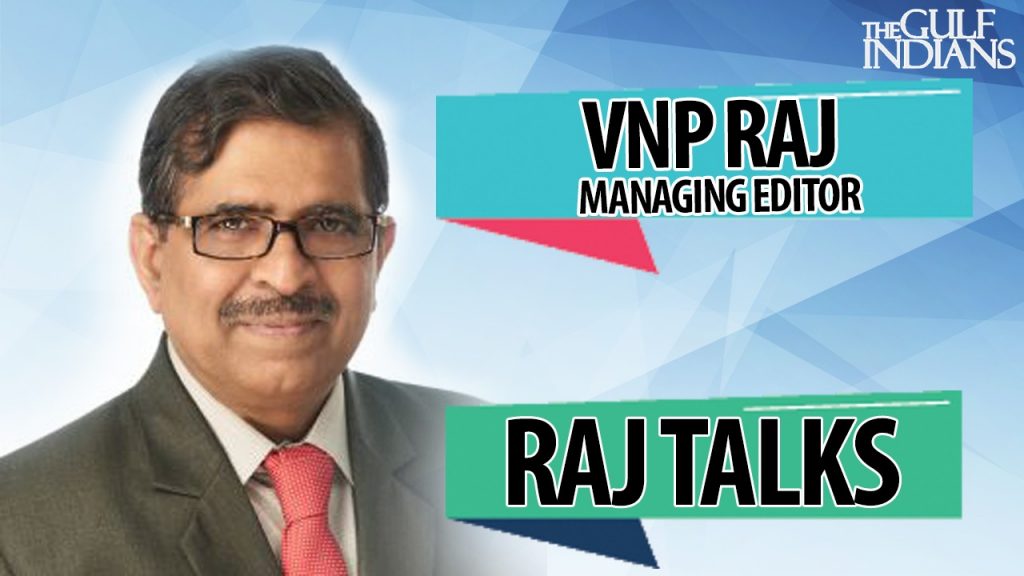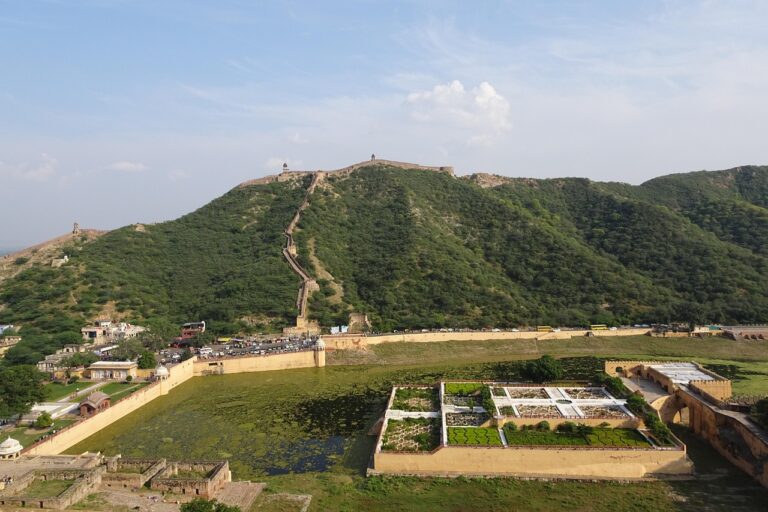Decision-making is a very important skill a child should acquire while in a classroom. This may sound very strange because a child learns subject knowledge, concepts, language, and literacy as well as moral science. Then, one might wonder how decision making can get be taught in a classroom. As decision-making is an important skill and is not practised by someone when he/she is a child, later in life he/she will find it extremely difficult to take a decision.
I employ more than 3,000 people, most of them are at the senior level hailing from different parts of the world. But most of them ideally prefer to be an information provider or an opinion provider and are averse to decision making. A large majority of people don’t want any role in decision making. They are just providers of information. If you ask them to provide a particular data, they do just that. It is impossible for them to interpret a data as that means understanding and undertaking the risk. So risks are something they are averse to take as they feel that they will be held accountable for the risk taken. So they try to avoid it. Why does that happen? It is just because they have had no experience in taking risks.
Many a time we have come across people who are great entrepreneurs who have built large institutions. Most of them are school dropouts, sometimes they were dull, or haven’t been schooled at all. They don’t have a PhD, or an advanced degree, but they have taken the bulk of decisions that contained every risk. They grew from nowhere into large entities serving a society. Just look around you and you will find many such business owners. Starting from food to textiles to restaurants to hotels to hospitals. They have not taken any major degree or a Ph.D. But they took decisions and risks. And, where did they learn the skill of risk taking and decision making?
The ability to decide always goes hand-in-hand with risk balancing. These are not subjects to be studied in colleges but has to be cultivated from the school level. The ability of a student to explore the unknown from what is known has to be habituated from the school days. People who have the ability to think are those who contribute to the community later. There are many decision-makers I have worked with and they decide out of passion. Many people were driven by passion without study of risks. The risk is nothing but the unknown. So from Day 1, a child should develop two habits. One is test a knowledge that has come to him/her. ‘Is this appealing to me?’ ‘Is this the right knowledge?’
In the modern world of young men and women, most of the information that you see on a television or read in a newspaper or what you hear are not the truth. They are put there for you to believe. The skill of analysing a given information should go with one’s common sense. ‘Can I believe this? Is it 100% truthful? Or is there any hidden agenda?’ ‘Will there be something that could go wrong when I take this information and move forward?’ That ability to suspect a data and clarify the truth of a data is nothing but one’s common sense of connecting that information with all the other information available. An unconnected information is a high risk information.
Look at anything that is happening around you. A particular incident that happens maybe very much appealing to your emotions, but you need to connect that event to all the events that you find around it. Then you will see, ‘Okay this has happened, but why has it happened? But why has it happened? And if the event is unacceptable and very sad; you think, ‘What has gone wrong?’ You will start exploring the unknown areas. And you will connect it with 360 degree of search, all that you know about it and that can be connected to it.
If this ability is developed in a child, you don’t have to worry about that person. He will know how to understand a fact or a risk and how to mitigate the risk and finally decide. If this quality is not there then even qualified people can only work as an assistant or a data creator or a data provider or a data assistant as they cannot take a risk.
So, encourage children to connect to the information gathered, break the given information into small pieces and reassemble the information. Encourage them to connect it to everything they can – to nature, to reality, and to other factors; and test whether this information connects well. If a child fails to connect an information, compromises on connecting an information, then he/she won’t come up in life. I have seen many people who come close to decision making and then turn away. They will not take a decision and they would want to pass on the ladder to you. They don’t have the ability to connect data and understand the risk.
However, the moment the information is owned, fully connected, the child will know the risk and will decide. The decision-making process should, thus, start in a classroom. And if this happens in a classroom, every child will acquire decision-making skill or risk analysing skill. Decision-making cannot happen otherwise.

India Budget
India Union Budget was sector diversified and considering the increasing global economic challenges, the India Government has attracted industries, private sector business class and investors












